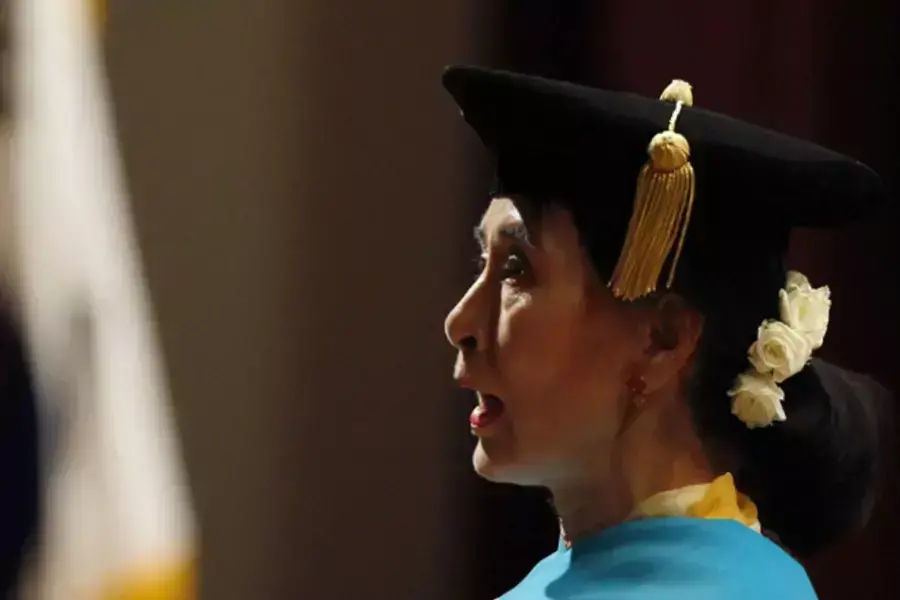The Comedown of Aung San Suu Kyi

More on:
Over the past year, as Daw Aung San Suu Kyi has made the transition from democracy icon kept under house arrest for almost two decades to working politician, she has found the going harder than some of the people who were in similar situations, like Nelson Mandela in the early 1990s. Despite her best intentions, Suu Kyi seems to have surrounded herself with few competent political advisors, experts on business and the economy, or interlocutors with leading ethnic minority groups in Myanmar. Unlike in South Africa in the early 1990s, also, Suu Kyi faces in President Thein Sein not only a potential partner but also a rival stronger than F.W. de Klerk, who represented only a small minority group. Though Thein Sein has not faced any real elections, he has managed to amass significant talent around him, including the cream of Burmese exile academics and political analysts. And at the same time, Suu Kyi has spent a considerable time out of the country in recent months—hard to hold against her, given she was locked up for years, but a decision that has taken her out of Burmese politics for stretches at a time. Meanwhile, she has been strangely low-key on the two biggest conflicts currently tearing at Myanmar, the violence in Rakhine State and the ongoing war in Kachin State.
For a period last year, criticism of Suu Kyi was building, but remained confined to ethnic minority leaders who were angered by her focus on Burman politics, and perhaps would never trust any ethnic Burman, even Suu Kyi. But now this criticism has spread, to mainstream outlets like The Irrawaddy, which has castigated Suu Kyi for her silence on conflicts in Myanmar and her lack of a clear idea for a future federal state. Though the foreign community remains almost uniformly supportive of and uncritical of Suu Kyi, criticism has spread to many Burman activists in the major cities of central Myanmar, especially after Suu Kyi recently seemed to welcome many former army cronies to her side, provided they started spending their money on social programs.
At this point, with the critical 2015 national elections still two years away, Suu Kyi seems to be stuck in an in-between mode—still traveling the world receiving honorary degrees for her admirable courage during Myanmar’s darkest years, while dipping her toe into politics as an elected member of parliament but not taking the time to develop a serious platform, prepare her statements, hire qualified staff, and get ready to play a larger political role in two years. The democracy icon will need to make this shift soon.
More on:
 Online Store
Online Store
